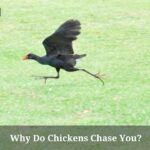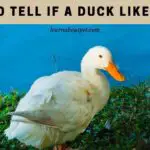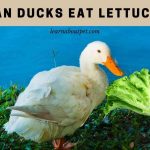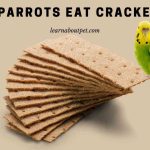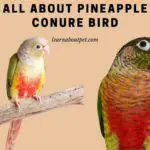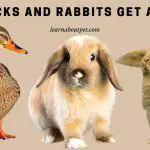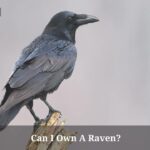If you keep birds as pets, you may find yourself keen on knowing whether the birds are capable of eating yellow jackets wasps. This is especially so if the yellow jackets are becoming a nuisance to you. Read on, to find out whether birds really eat yellow jackets.
Do birds eat yellow jackets? Yes, some birds such as the Summer Tanager, Warblers, the Chipping Sparrow and Gray Catbirds are capable of eating yellow jackets.
Yellow jackets are a rather aggressive type of wasp. This is why many people have doubts on whether birds can eat them. And that is what leads to the common question: do any birds eat yellow jackets?
This is because the whole scenario of a bird eating a yellow jacket wasp is hard to visualize for most people.
Yet if it were to turn out that birds are capable of eating yellow jackets, that would open up many interesting possibilities.
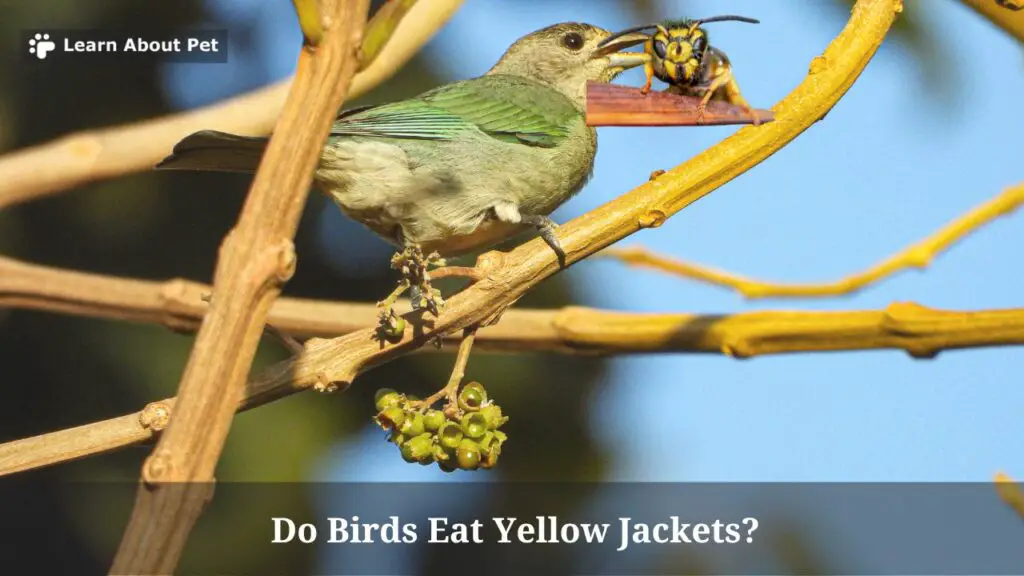
Like if the yellow jacket wasps are becoming a nuisance, it would make sense to figure out how to attract birds that eat wasps like yellow jackets.
That would be with the objective of using the birds in biological control of the yellow jackets…
Before going further though, it would make sense for us to first acquaint ourselves with the ‘yellow jackets’ in question.
Thereafter, we can revert to answering the do birds eat yellow jackets question.
What Are Yellow Jackets?
Yellow jackets are a type of wasp, belonging to the Vespula and Dolichovespula genii.
They are social wasps (meaning that they normally live in groups), and they are known for their predatory ways.
The yellow jackets have some very outstanding body markings, whose color is normally yellow (or white in a few cases).
Growing to a size of roughly 1.2-1.9 centimeters, these small wasps are easily mistaken for bees.
Are Birds Capable Of Eating Yellow Jackets?
Yes, some birds are capable of eating yellow jackets.
To be sure, it is not all birds that are capable of eating yellow jackets. In fact, most birds wouldn’t dare to tackle a yellow jacket: mostly due to the latter’s aggressive nature.
But, there are some birds that have been seen eating yellow jackets. In fact, there are some birds that deliberately prey on yellow jackets.
So the true position is that some birds are able to eat yellow jackets. But not all birds have this ability.
Are Birds Afraid Of Yellow Jackets?
In answering the do birds eat yellow jackets question, it is essential to find out whether birds are afraid of the yellow jackets.
So, indeed, are birds afraid of yellow jackets? Most birds are afraid of yellow jackets.
This is because the yellow jackets are among the aggressive types of wasps. A yellow jacket wasp is quite capable of stinging a bird.
For that reason, most birds seem to be afraid of yellow jackets.
But there are also some birds that aren’t afraid of yellow jackets. In fact, there are some birds that go out in search of yellow jackets they can kill for food.
One example of that sort of bird is the Summer Tanager. This is a bird that preys on yellow jackets. And that means that it isn’t afraid of the yellow jackets.
But most other birds are afraid of yellow jackets. They therefore seem to do all they can to avoid getting into conflict with the yellow jackets.
Do Birds Eat Yellow Jackets?
Yes, yellow jackets are food for some birds.
To be sure, not all birds eat yellow jackets. In fact, most birds don’t eat jackets. Most birds would be rather reluctant to get into a head-on conflict with a yellow jacket.
But there are birds that eat yellow jackets. For some birds, such as the Summer Tanager, yellow jackets (if available) can be an important source of food.
But for some other birds, yellow jackets are simply a ‘by the way’ source of food: a snack if you like.
And for most other birds though, yellow jackets are not food.
Thus there are three categories of birds in this context.
There are those, like the Summer Tanager, for which the yellow birds can be an important source of food.
Then there are those, like the Warblers and the Chipping Sparrow for which the yellow jackets can be a snack.
Finally, there are those birds – actually majority of the birds – for which yellow jackets are simply not food.
Which Birds Eat Yellow Jackets?
So far, we have seen that only a few birds are able to eat yellow jackets.
That leads to an interesting question: on exactly what birds eat yellow jackets.
As it turns out, one bird that really enjoys eating yellow jackets is the Summer Tanager.
Actually all types of Tanagers eat yellow jackets. But for the Summer Tanagers in particular, the yellow jackets seem to be particularly attractive.
Another bird that eats the yellow jackets is the Chipping Sparrow. If a Chipping Sparrow happens to find a yellow jacket in a vulnerable situation, it may eat it.
Usually, a Chipping Sparrow won’t set out in search of yellow jackets to kill for food. But if it happens to find the yellow jackets, it also won’t mind eating them.
Yet another type of birds that eat yellow jackets is Warblers. Just like the Chipping Sparrows, these usually only eat the yellow jackets if they chance upon them.
They don’t set out in search of yellow jackets to kill for food. But if they happen to find the yellow jackets, they also don’t mind eating them.
Another example of a bird that may eat yellow jackets is that of Gray Catbirds. These usually only eat the yellow jackets if they happen to encounter them.
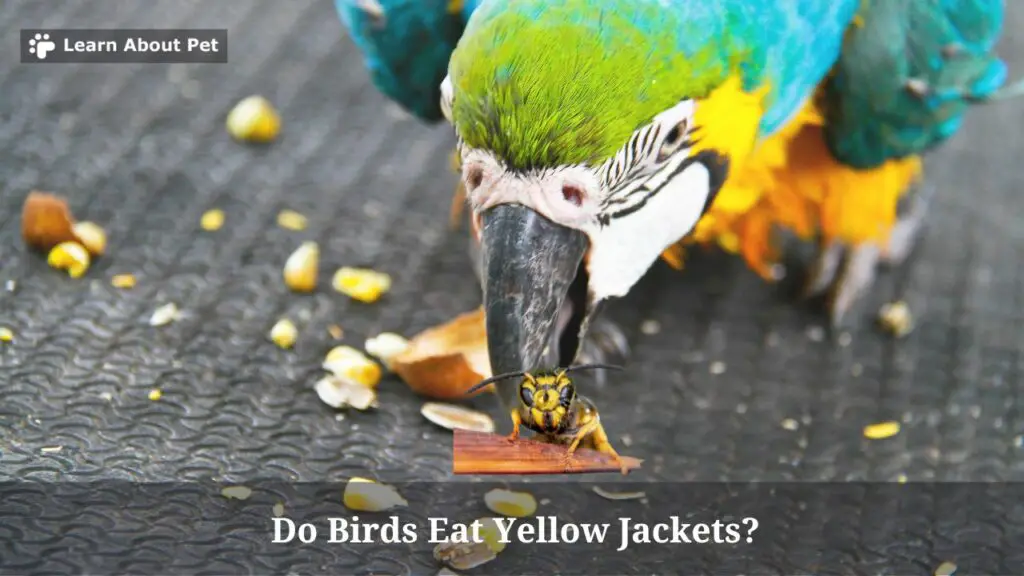
Do All Birds Eat Yellow Jackets?
Not all birds eat yellow jackets. In fact, only a handful of birds eat yellow jackets.
As noted earlier, examples of birds that eat yellow jackets include the Summer Tanager, Warblers, the Chipping Sparrow and Gray Catbirds.
Most birds don’t eat yellow jackets (or any other type of wasp for that matter).
But birds may sometimes seem to show a preference for nesting near areas where yellow jackets (or other wasps) live. Sometimes, this actually gets people wondering, does yellow attract birds?
But there is another more plausible explanation for this phenomenon. It is that the birds know that the presence of wasps (yellow jackets) is likely to ward off some predators.
Ultimately though, only a handful of birds eat yellow jackets. Certainly, not all birds eat yellow jackets.
How Does A Bird Eat Yellow Jackets?
Given the aggressive nature of yellow jackets, it can be interesting to understand how some birds eat them.
This leads to questions such as, do birds grab the yellow jackets mid-air? Or do they wait for the yellow jackets to land, before catching them? And do birds swallow yellow jackets?
Now the birds that prey on yellow jackets (such as Summer Tanagers) normally lay ambushes near the yellow jackets’ nests.
Then as the yellow jackets are coming out of the nests, the birds nab them. They proceed to kill them, using their beaks and sometimes claws.
Thereafter, they proceed to nibble on them using their beaks, after which they swallow them.
Do Yellow Jackets Harm Birds?
Yellow jackets are capable of harming birds.
If, for instance, a yellow jacket perceives a bird as threat, it may not hesitate from stinging it.
Normally, a wasp won’t go out deliberately seeking a bird to harm. But if a conflict between a wasp and a bird occurs, the wasp may easily use its stinger.
While at it, one may ask, do yellow jackets nest in bird houses? And the answer turns out to be ‘yes’. Sometimes, a yellow jacket seeking a sheltered spot to nest may find a birdhouse, and deem it fit for purpose.
So instances of yellow jackets nesting in bird houses are not unheard of.
And in conflict situations, yellow jackets harming birds is also not unheard of.
How Do You Keep Yellow Jackets Out Of Birdhouses?
There are situations in which yellow jackets may start becoming a nuisance in your birdhouses.
Take, for instance, a situation in which the yellow jackets are hovering too much around your bird feeder. That can soon get you wondering, how do I keep yellow jackets away from my bird feeder?
Or generally, how do you keep yellow jackets out of birdhouses?
Now if the yellow jackets are trying to establish themselves on top (but on the outer side) of the birdhouse, you can use bar soap. So you apply a thin layer of the bar soap.
That should make the birdhouse slippery, hence not ideal for the yellow jackets to nest.
Applying petroleum jelly inside the birdhouse can make it unattractive and unsuitable for the yellow jackets. But beware that petroleum jelly may not be good for some birds…
Lining the birdhouse with aluminum foil is another strategy that may work well in some cases.
Final Verdict – Do Birds Eat Yellow Jackets
There are some birds that eat yellow jackets.
Examples of birds that eat yellow jacket wasps include the Summer Tanager, the Chipping Sparrow, the Gray Catbirds and Warblers. But most birds don’t eat wasps like yellow jackets.
Among those that eat the yellow jackets, birds like Summer Tanagers may set out seeking them (yellow jackets) to prey on.
For most of the other birds that eat yellow jackets though (such as Chipping Sparrows and Gray Catbirds), the yellow jackets are simply a snack.
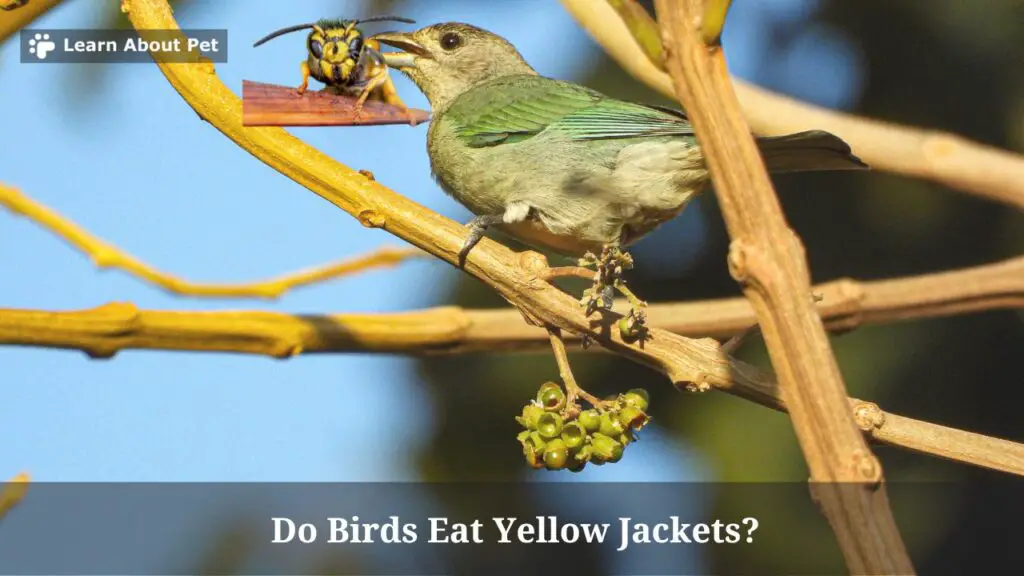
A bird like the Summer Tanager may lay an ambush right outside the yellow jackets’ nest. Then it nabs them just as they start flight, kills them, then proceeds to devour them.
The yellow jackets, on their parts, are capable of sometimes stinging birds – especially in conflict situations.
You may be able to keep yellow jackets out of birdhouses using a thin layer of unscented bar soap, a thin layer of petroleum jelly or aluminum foil.
As a pet lover, make sure to learn about pet more and give your pet bird a good and comfortable life!

Welcome to Learn About Pet. My name is Rajkumar Ravichandran and I love all pets, travel, and amazing food. I write about my passion and personal experience caring for multiple pets in this blog! ❤️
Post Disclaimer
DISCLAIMER: THIS BLOG OR WEBSITE, "Learn About Pet", DOES NOT PROVIDE YOU WITH MEDICAL ADVICE AND IS NOT A SUBSTITUTE FOR MEDICAL ADVICE. ALWAYS GET IN TOUCH WITH YOUR PERSONAL VETERINARIAN AND USE INFORMATION HERE AS GENERAL ADVICE.
The information, including but not limited to, text, graphics, images and other material contained on this website are for informational purposes only. No material on this site is intended to be a substitute for professional veterinary advice, food recommendation, diagnosis, or treatment. Always seek the advice of your veterinarian or other qualified health care provider with any questions you may have regarding a medical condition or for pet food related questions.
